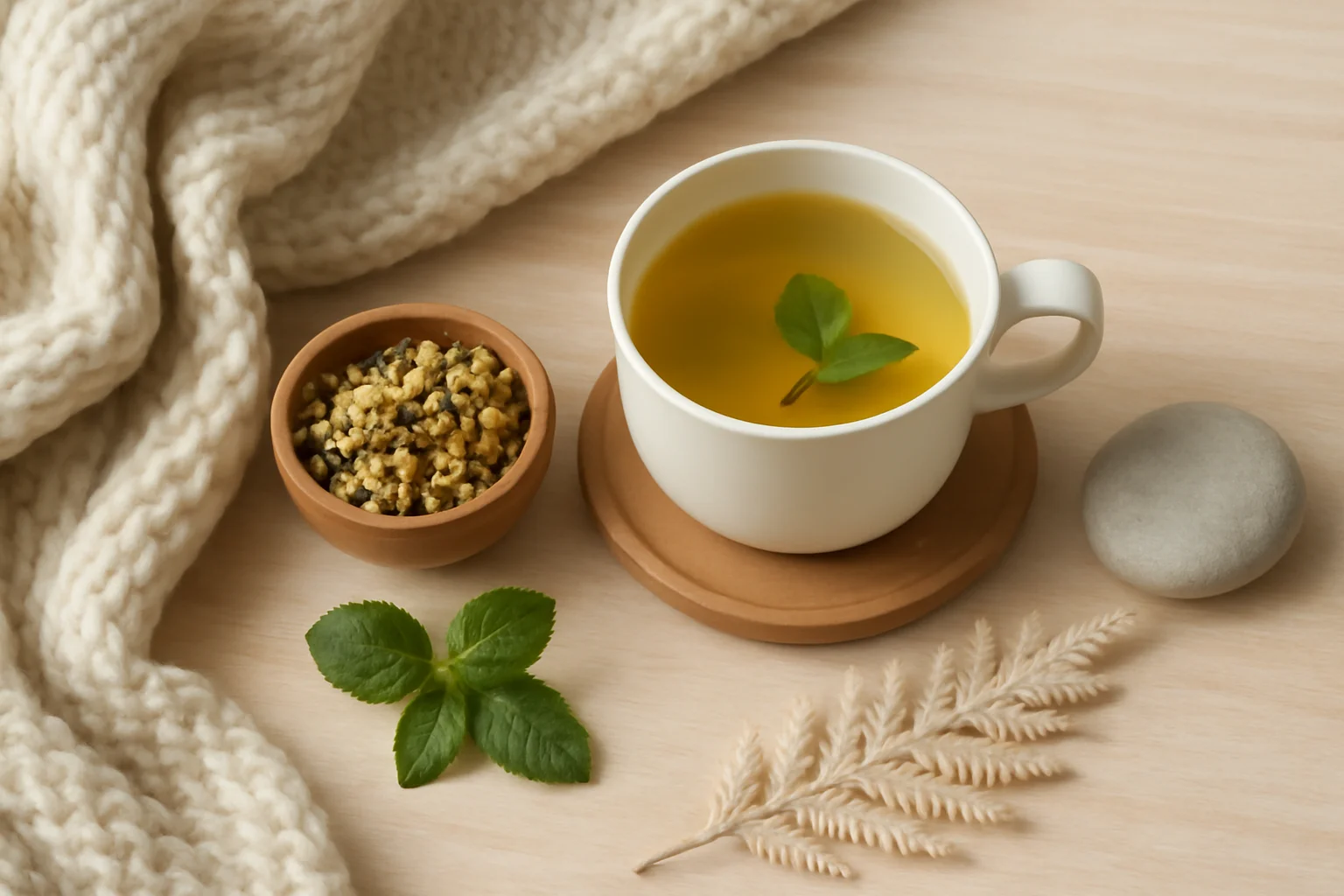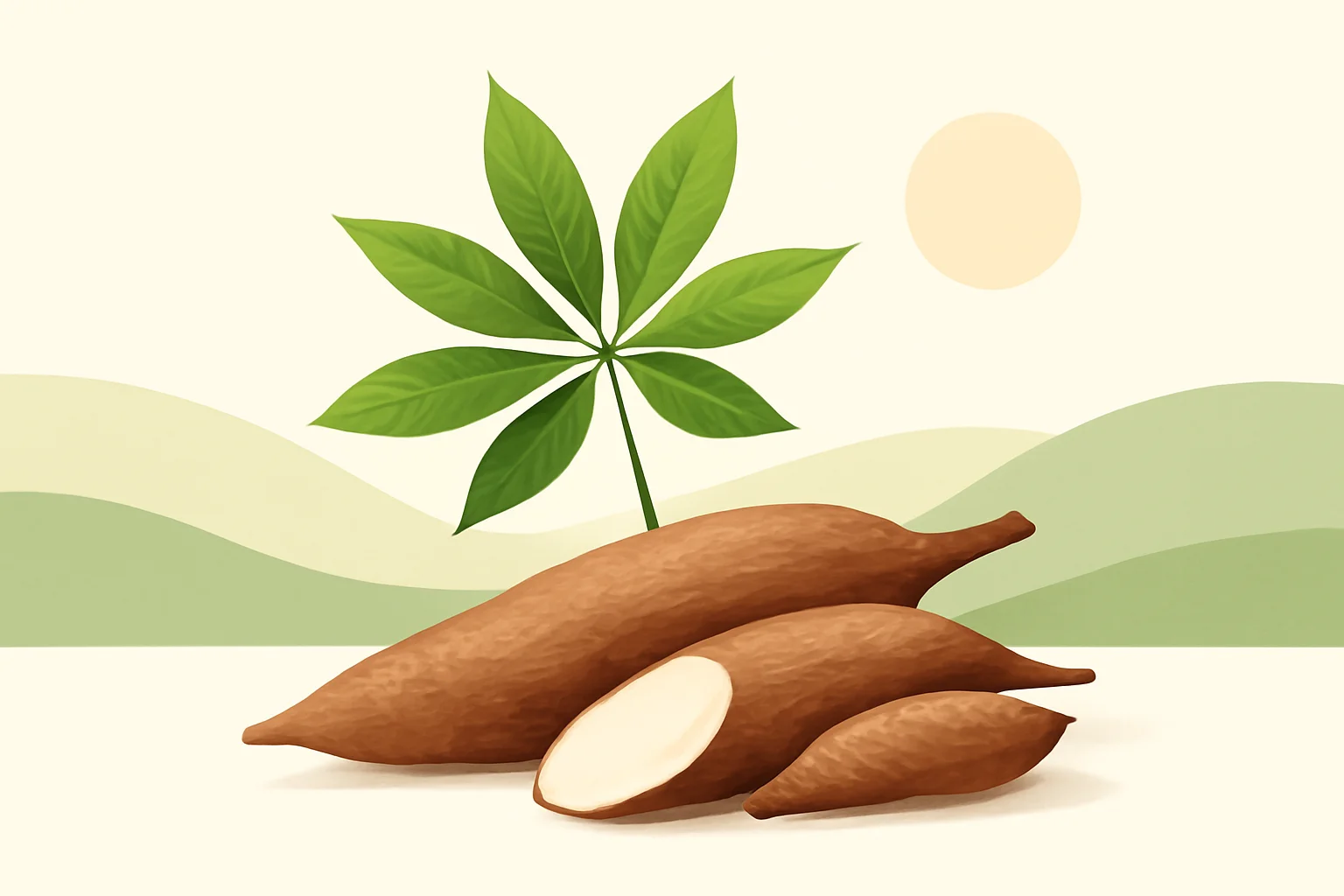
Effective Home Remedies for Stomach Pain and Cramps
The stomach pain and cramps are extremely common complaints that can complicate many people’s lives. These symptoms can arise from various causes, and although in many cases they are relatively harmless, they are still worth taking seriously. The stomach is one of the most sensitive areas of the body, which can react to different factors. Digestion, stress, dietary habits, and even mental state can significantly affect stomach function.
There can be many reasons behind the occurrence of stomach pain or cramps, with the most common including poor diet, food intolerances, gastrointestinal diseases, and stress. The localization, intensity, and duration of the stomach pain can reveal a lot about the cause of the condition, making it important to pay attention to our body’s signals. People often try various methods to alleviate stomach pain, whether through natural remedies or prescription medications. Below, we will examine in more detail the causes, symptoms, and possible treatments for stomach pain and cramps.
Causes and Types of Stomach Pain
The causes of stomach pain can be extremely varied. One of the most common triggers is poor diet, which includes excessive consumption of fatty, spicy foods, as well as processed foods. These foods can irritate the stomach lining, leading to inflammation and pain. Food intolerances are also common causes, such as lactose or gluten sensitivity, which can cause cramps and pain in the stomach.
Stress also plays a significant role in the development of stomach pain. Nervousness, anxiety, and the challenges of everyday life can affect the digestive system, leading to cramps and pain. Digestive disorders, such as reflux disease, peptic ulcers, or gastritis, are also common causes of stomach pain. These diseases can cause not only pain but also other symptoms such as nausea, bloating, or loss of appetite.
The types of stomach pain can also vary. Dull pain usually indicates chronic problems, while sharp, cramp-like pain typically indicates sudden conditions, such as gallstones or appendicitis. The localization of the pain can also reveal much: pain on the left side may indicate problems with the stomach or pancreas, while pain on the right side may suggest gallbladder or liver issues.
Causes and Treatment of Cramps
Stomach cramps can be the result of various disorders of the digestive system. Cramps are often accompanied by bloating, diarrhea, or constipation, which are signs of digestive disturbances. One of the most common causes is stress, which can affect not only the stomach but also the entire digestive system. The production of stress hormones alters digestive processes, leading to cramps.
Dietary habits also have a significant impact on the occurrence of cramps. Eating too quickly, not chewing food properly, and overeating can all contribute to stomach cramping. Irritating foods, such as caffeine, alcoholic beverages, and spicy foods, can also exacerbate stomach irritation, leading to cramps.
The method of treating cramps can vary and depends on the underlying causes. In mild cases, natural remedies, such as chamomile tea or peppermint, can help alleviate symptoms. Modifying the diet can also be an important step; consuming fiber-rich foods, vegetables, and fruits can help improve digestion. If the cramps are severe or persistent, it is advisable to consult a doctor, who may recommend further examinations.
How to Prevent Stomach Pain and Cramps?
To prevent stomach pain and cramps, it is important to practice mindful eating and make lifestyle changes. The first step is to establish a proper diet that includes balanced nutrition. Consuming vegetables, fruits, and whole grains helps ensure optimal functioning of the digestive system. It is advisable to avoid processed foods and overly fatty, spicy foods, as these can irritate the stomach.
Stress management is also essential for maintaining stomach health. Relaxation techniques, such as meditation, breathing exercises, or yoga, can help reduce stress levels and thereby prevent stomach pain. Regular physical activity also contributes to overall well-being and improves digestion.
Additionally, proper fluid intake is important. Drinking water aids digestion and reduces bloating. It is advisable to pay attention to daily fluid intake and avoid carbonated beverages that can irritate the stomach. Regular meals and moderate portion sizes also contribute to stomach health, as they help avoid overeating and subsequent cramps.
When to See a Doctor?
Although stomach pain and cramps are generally harmless, there are certain cases where medical assistance may be necessary. If the pain is severe, sudden, or persists, it is important to consult a professional. Furthermore, if the pain is accompanied by nausea, vomiting, fever, or bleeding, immediate medical attention is required.
Serious health issues, such as peptic ulcers, gallstones, or inflammatory bowel diseases, may lie behind stomach pain and cramps. These diseases require proper diagnosis and treatment, so it is not advisable to delay seeking professional help.
To prevent issues, it is important to pay attention to our body’s signals, and if we experience any unusual or persistent symptoms, we should consult our doctor. Early diagnosis can often help avoid more serious problems and complications.
**Warning:** This article does not constitute medical advice. Please always consult a physician for health issues and follow their recommendations.

